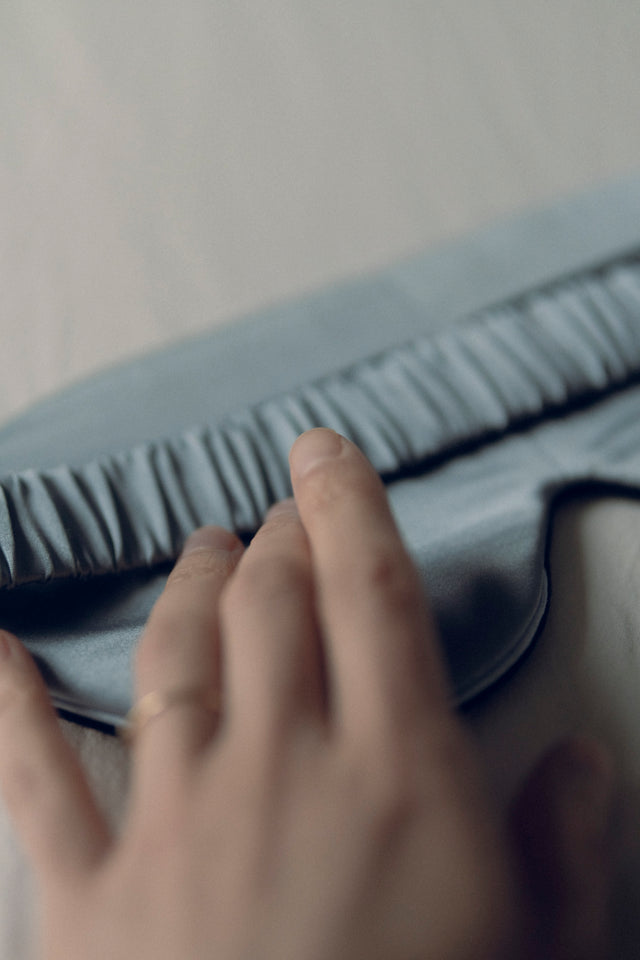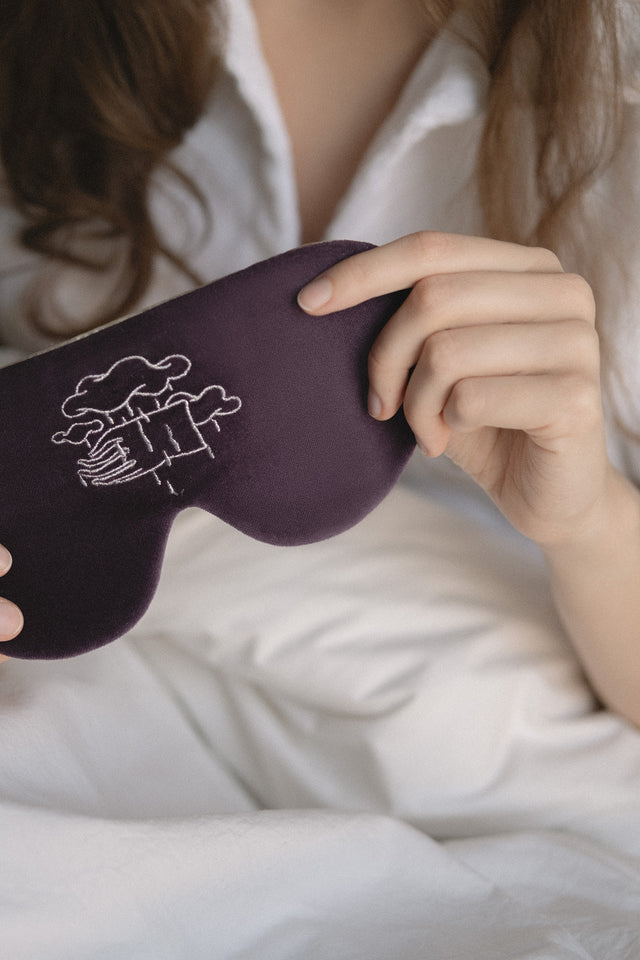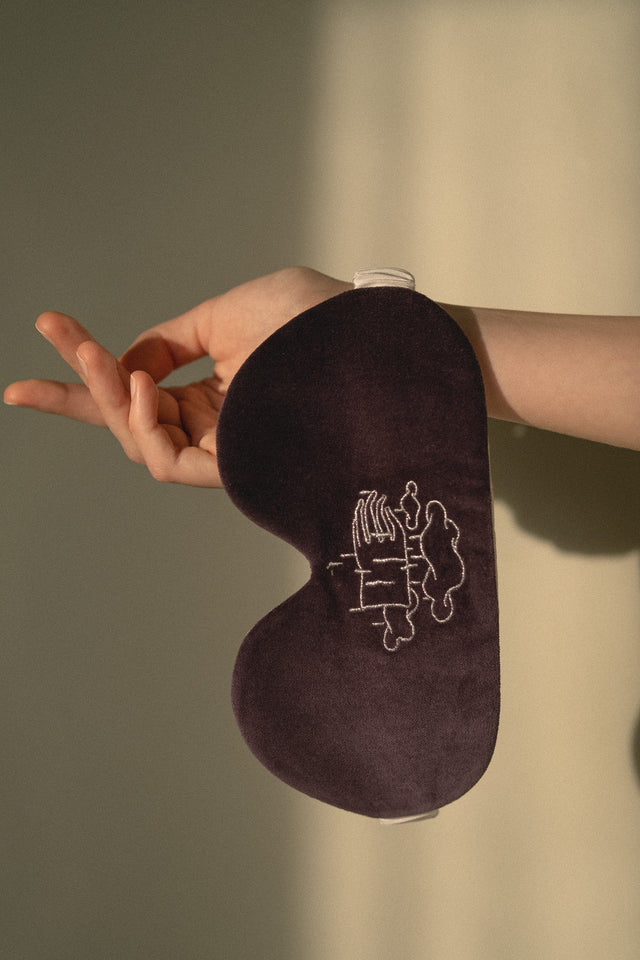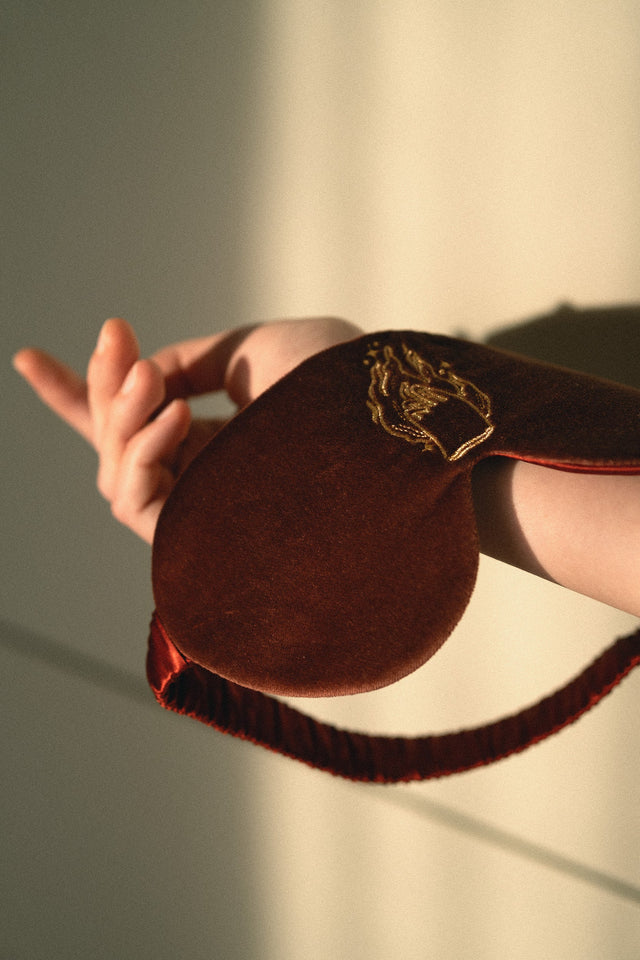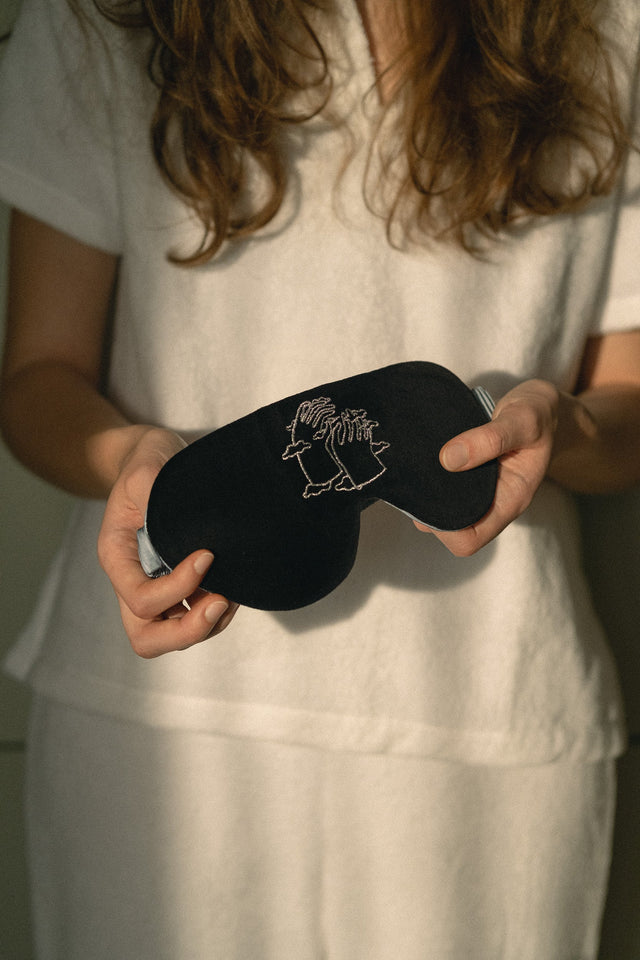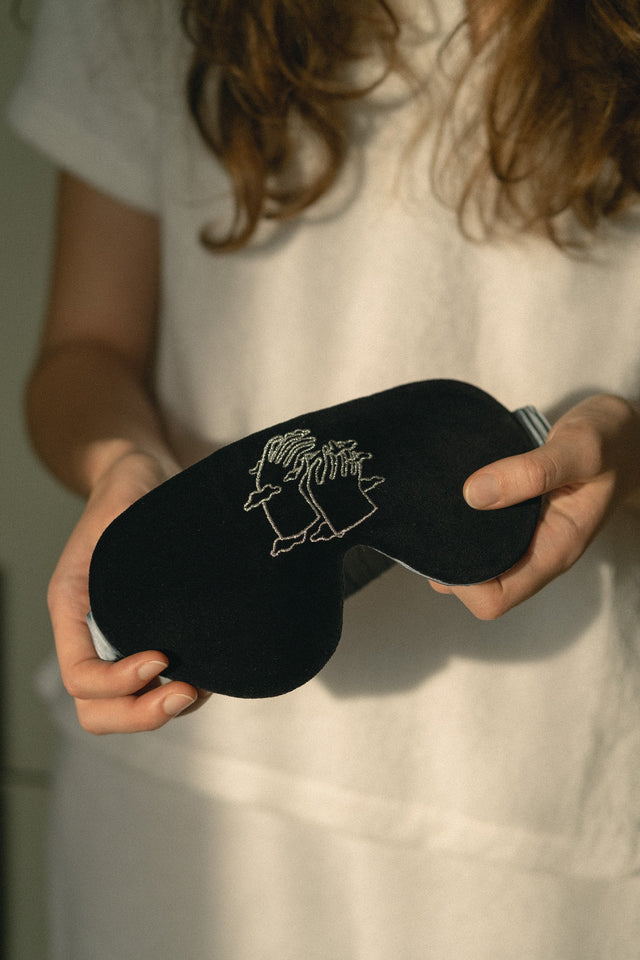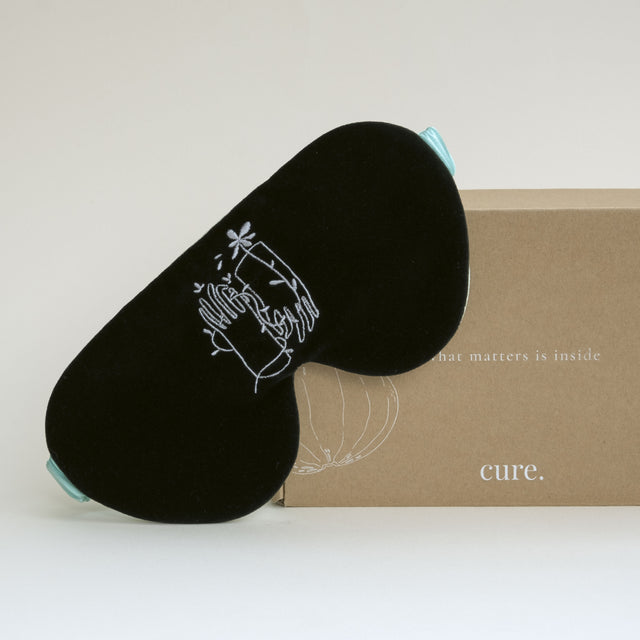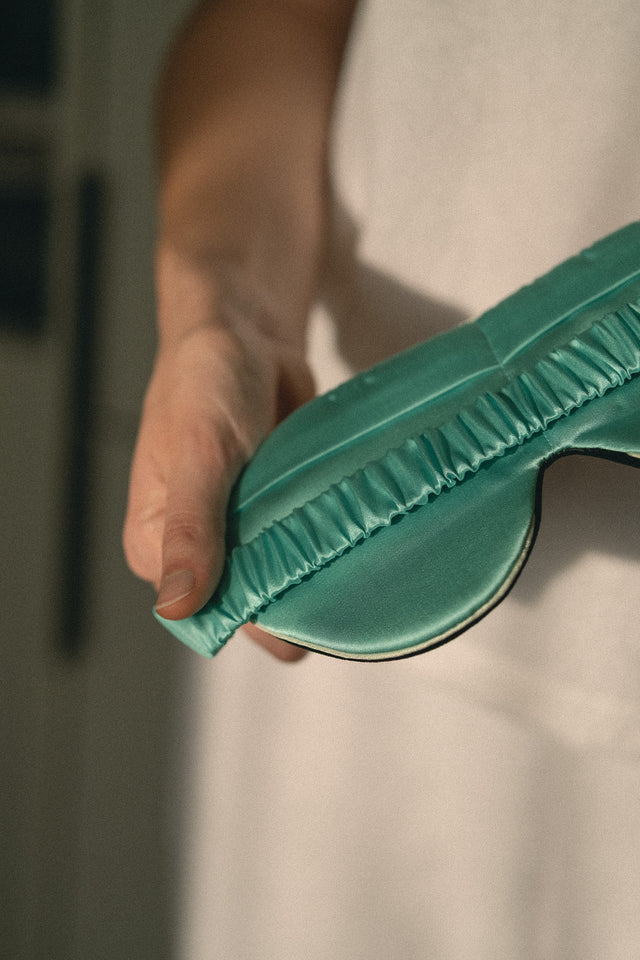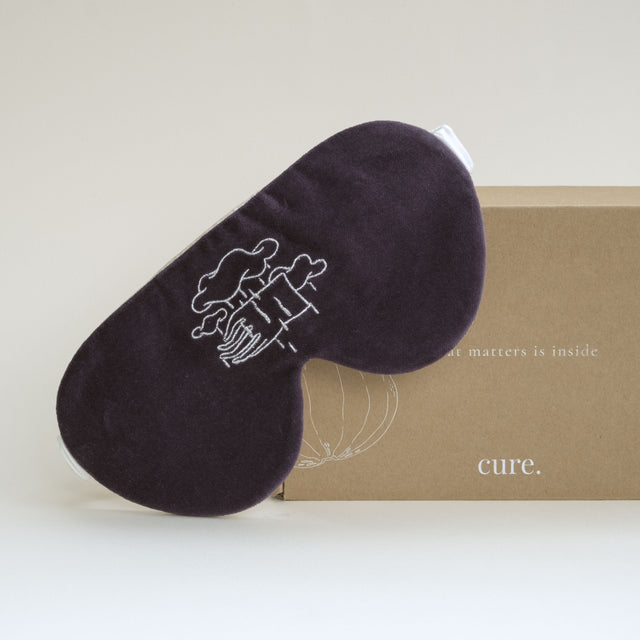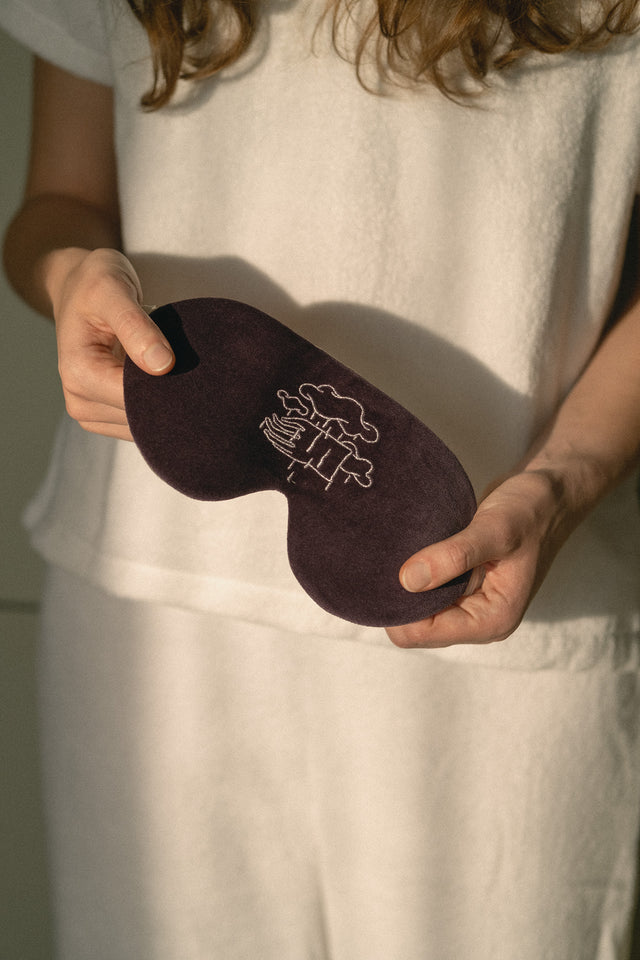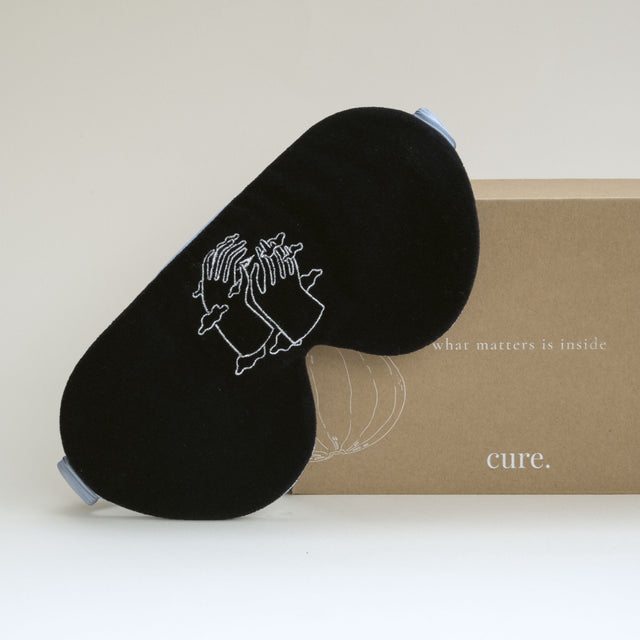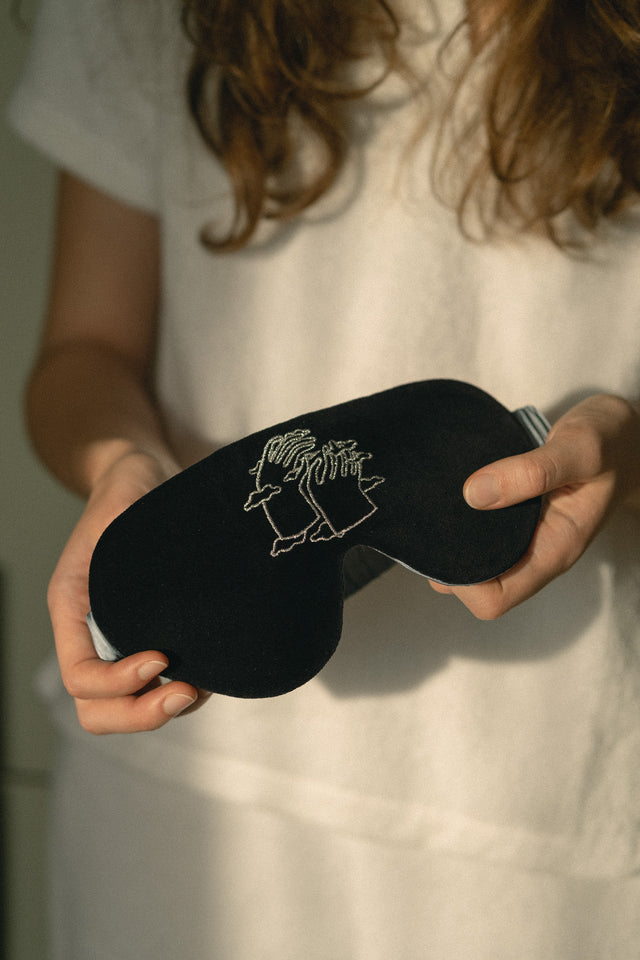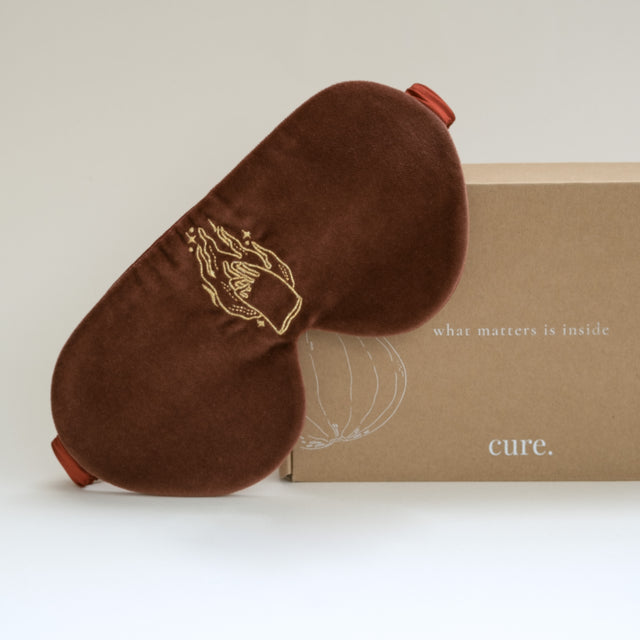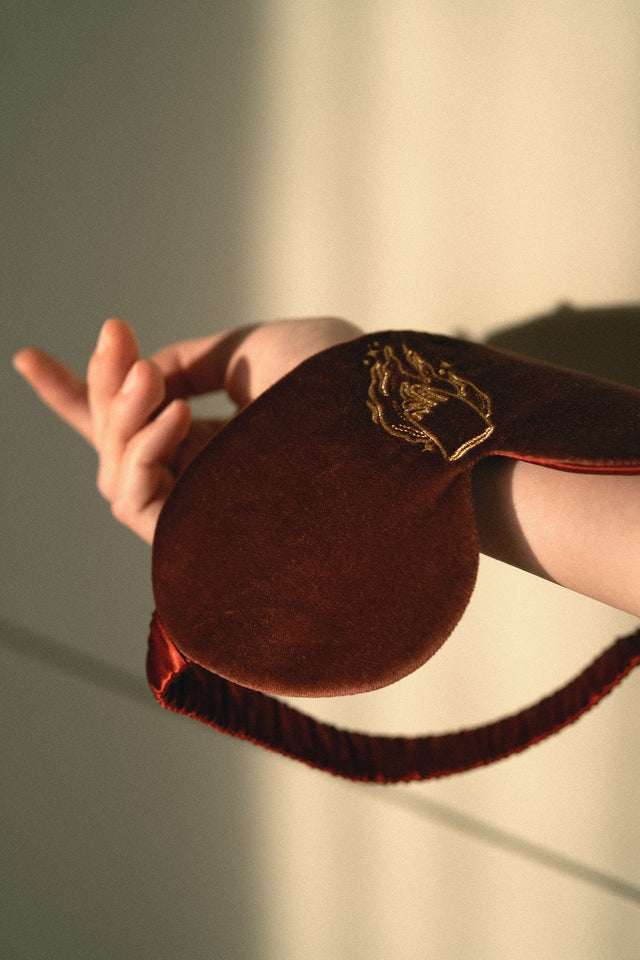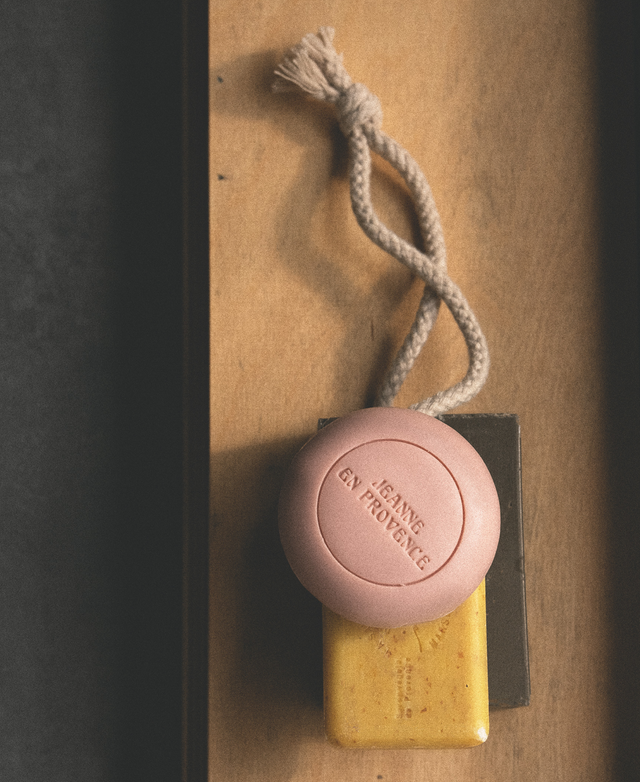Circadian rhythms and the health of our skin
The fact that our body lives according to special hours has long been known, but circadian rhythms have only been taken seriously in the last ten years. The study of these processes is called chronobiology. And in 2017, the Nobel Prize was awarded for discovering the mechanism that controls the circadian mechanisms.
So what are the circadian rhythms, and how do they affect the health of our skin?
What are the circadian rhythms
Circadian rhythms are changes that occur in the body over 24 hours. Almost all the work of our organs is subject to cycles. Thanks to circadian rhythms, our body automatically knows when it is time to wake up, eat or go to bed; they are also responsible for our daily cheerfulness and activity. If you look deeper, the production of hormones, metabolism, and changes in body temperature during the day also depends on them.
The primary hormone responsible for circadian balance is melatonin. It is produced in our bodies in the evening and at night (approximately from 9 pm to 7.30 pm), although we must be in the dark for it to be produced. The high level of melatonin provides a person with a healthy, sound sleep, which means the restoration of the body and the correct operation of all its functions.
So the most important rule for the uninterrupted operation of circadian rhythms is maintaining sleep patterns.
Circadian rhythms and their effect on the skin
All processes in our skin also proceed rhythmically. For example, transepidermal water loss increases in the evening and at night, so owners of dry skin may wake up in the morning with a feeling of tightness. However, our skin secretes less sebum at night; its production peaks at noon.
The health of our skin directly depends on the preservation of rhythms. So circadian cycles play a massive role in repairing the DNA of skin cells. This process is most intense in the early morning when a person sleeps deeply. Studies have shown that in people who work the night shift, self-regeneration of the DNA of skin cells is challenging.
Sleep quality is also related to the general condition of the skin. People with sleep problems showed more wrinkles, pigmentation, and poor tone. Also, the recovery of the skin after the damage is slower.
People with sleep disorders should be wary of aggressive cosmetic procedures. It will take longer to recover from them than the statistics say. Those going on a trip with a significant change in time zones should heed the same recommendation. Jet lag can disrupt our circadian rhythms for a while. Before long trips, it is better to refuse chemical peels and be careful with the sun in the first days after arrival.
“Skincare routine schedule”
Taking into account the rhythm of the processes in our skin, we can draw up the following schedule for different procedures:
Moisturizing procedures are best done in the afternoon, ideally after 7 pm.
Any manipulations involving regeneration — from 12.00 pm to 5 pm. And chemical peels from 12.00 pm to 3.00 pm; at this time, our skin is better protected, and the risk of side effects is lower. Always remember to avoid the sun and use SPF Creams when doing any peels.
Procedures for oily skin are optimally carried out before noon.
Sleep Rules
Healthy sleep — is the basis of circadian balance and our body's work.
Here are some tips to help you keep it up:
- it is better to go to bed before midnight.
- if you live in a climate where you have to wake up in the dark in winter, turn on bright lights in the morning, ideally, fluorescent lamps with a blue range. Blue is the light of morning awakening, which signals our body to wake up and start the necessary mechanisms.
- on the contrary, you need to turn on the warm light in the evening. Therefore, if you cannot refuse devices before bed, use the “turn off blue light” function (it is available in almost all modern gadgets).
- use a sleep mask. It will help improve the quality of sleep and increase the production of melatonin.
And remember the details - comfortable pillows, quality fabric bed linen, a comfortable mattress, and fresh air in the bedroom - all this helps to fall asleep faster and sleep better.

